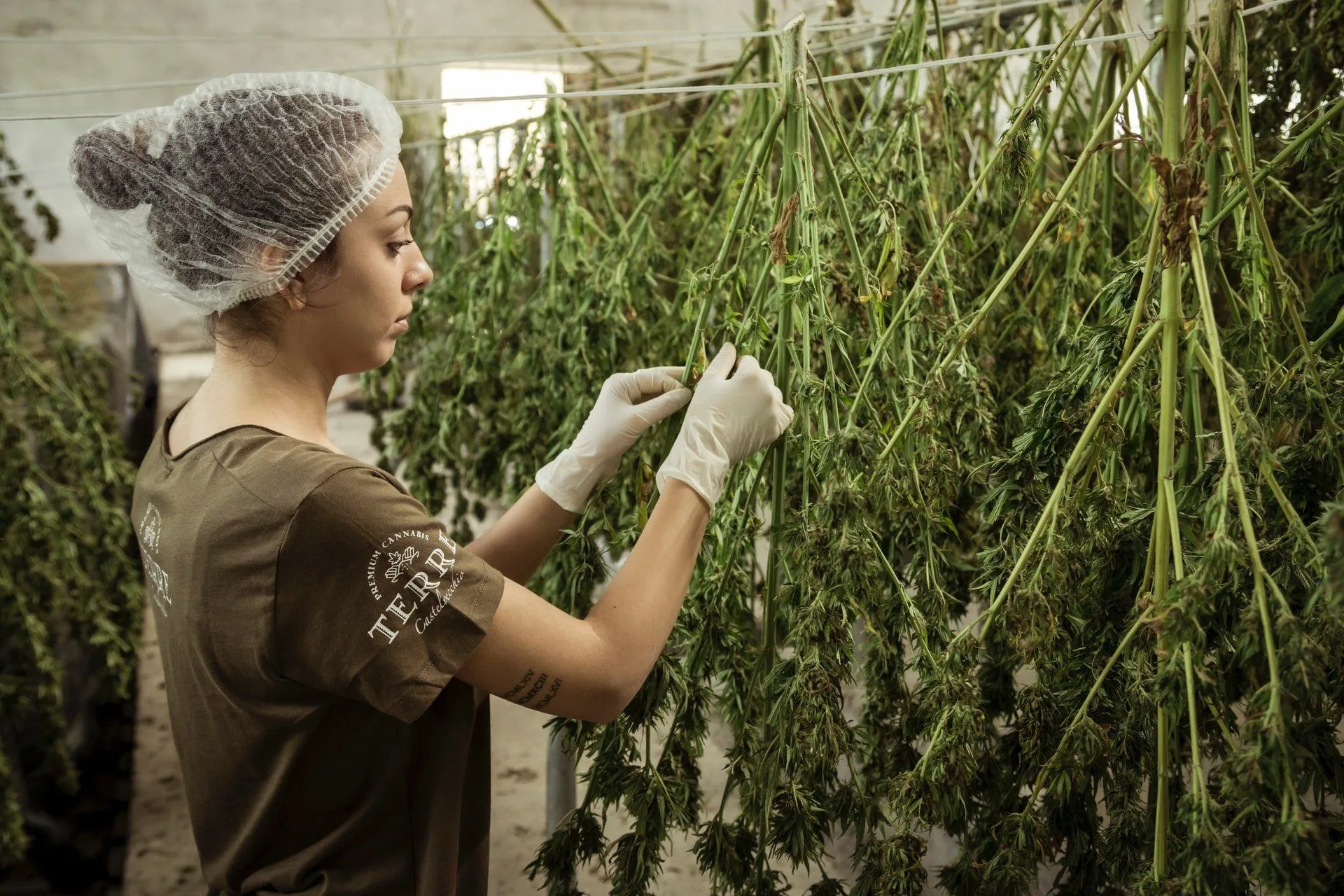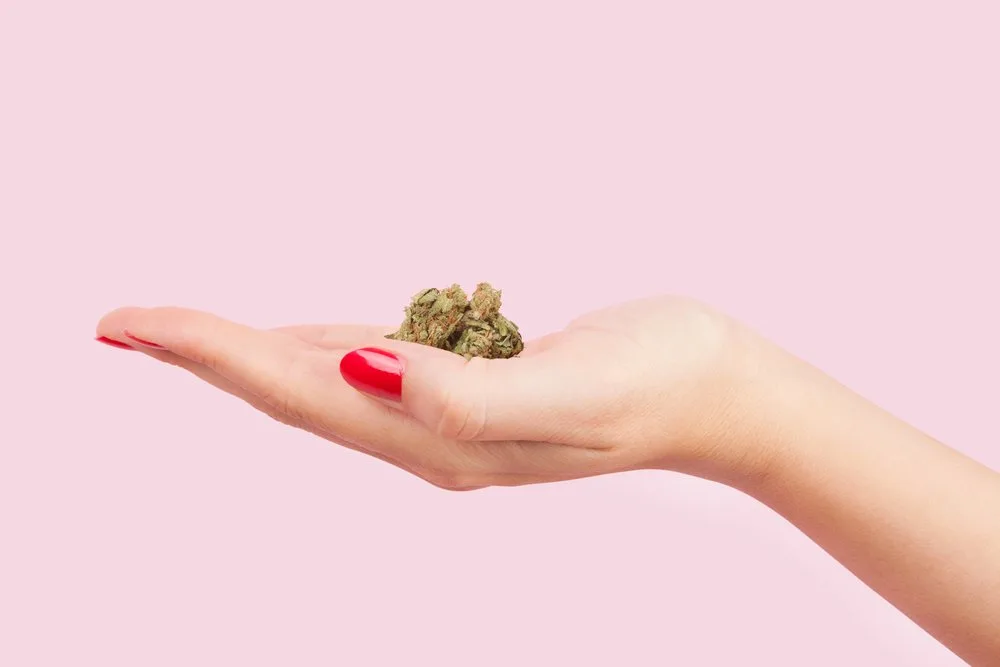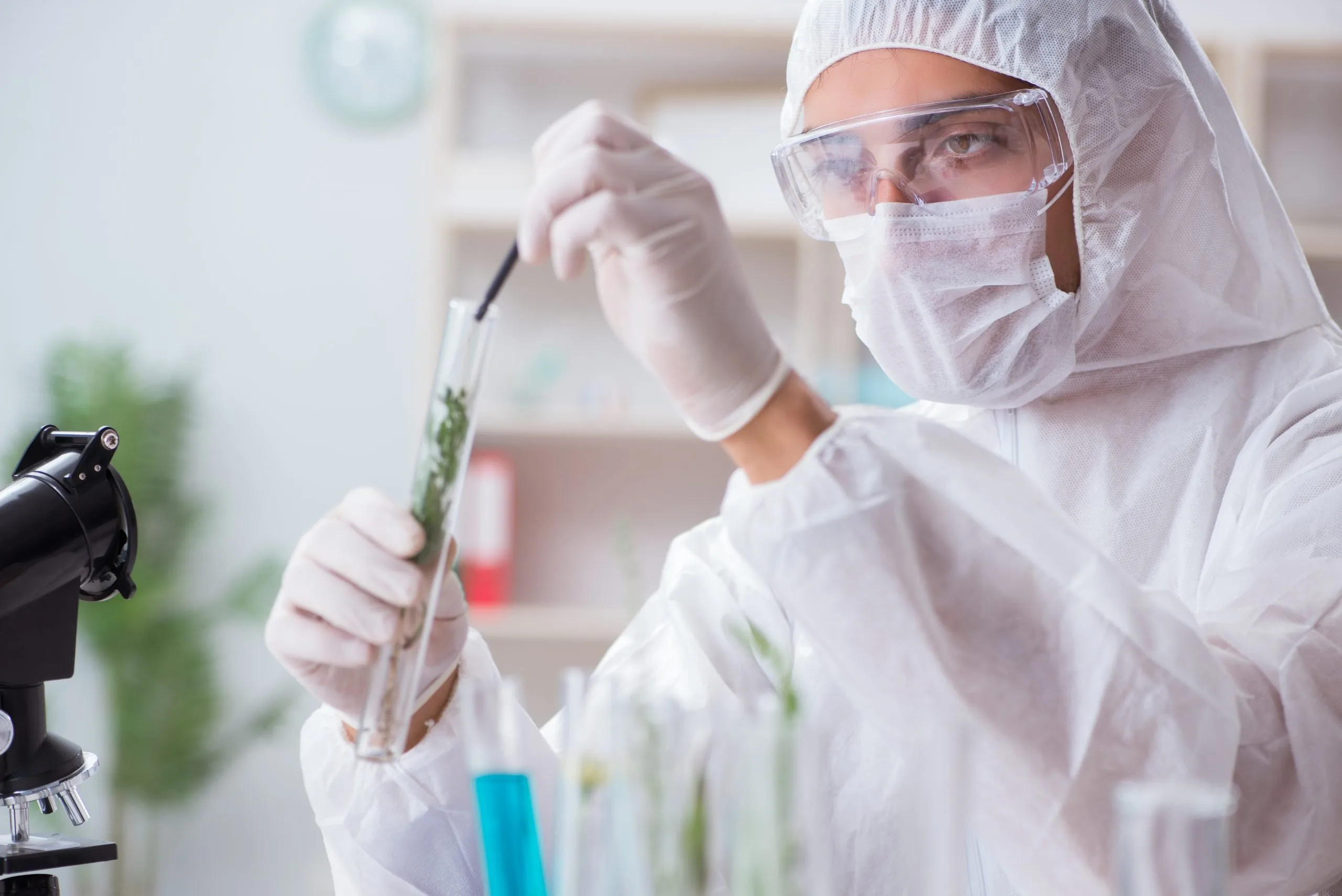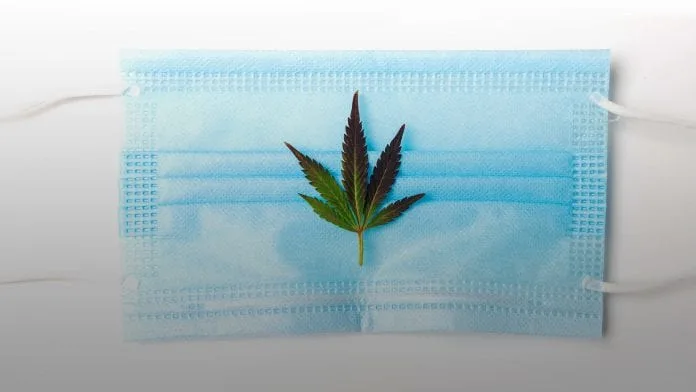In recent years, the use of cannabis in the medical world has continued to skyrocket. Many medical industries are eyeing the plant as an effective management tool when it comes to health disorders. These include depression, chronic pain management, and even cancer.
Now, almost two years since the world came to an absolute standstill as a result of COVID-19, it would be naive not to acknowledge the role that cannabis can potentially play when it comes to combating the coronavirus.
Cannabis And The Fight Against Covid-19
According to a recent study published in the Journal of Natural Product, compounds found in cannabis may offer protection against COVID-19, and these compounds may also possess the potential to treat COVID-19 infection.
What did the study find?

Photo by Terre di Cannabis on Unsplash
“Orally bioavailable and with a long history of safe human use, these cannabinoids, isolated or in hemp extracts, have the potential to prevent as well as treat infection by SARS-CoV-2.”
According to the researchers, two cannabinoid acids commonly found in hemp varietals of cannabis, cannabigerolic acid (CBGA) and cannabidiolic acid (CBDA) were found to bound to the coronavirus spike proteins, which are the proteins that allow the virus to enter human cells. By biding to the spike protein, the cannabis compounds help prevent infection by stopping the virus from entering cells in the first place.
The findings also revealed that the cannabinoids were effective against new variants of the virus, which is of primary concern.
“These variants are well known for evading antibodies against early lineage SARS-CoV-2, which is obviously concerning given that current vaccination strategies rely on the early lineage spike protein as an antigen,” said study lead Richard van Breemen.
“Our data show CBDA and CBGA are effective against the two variants we looked at, and we hope that trend will extend to other existing and future variants.”
What has previous research found?
This is not the first study to highlight the potential that cannabis has when it comes to combating COVID-19.
- A 2020 study published in Aging found that Cannabis sativa extracts may help to reduce the risk of infection.
- A separate study found in Future Science revealed that the anti-inflammatory properties found in cannabinoids may help to target inflammation caused by COVID-19 infection, triggering the recovery process.
Should I start smoking?
No, and not because the study wasn’t focused on recreational cannabis. We suggest that you stay clear of recreational cannabis because the last thing you want is to reduce your lung function, especially when you’re trying to protect yourself from COVID-19.

Eskymaks/Shutterstock
So, what now?
While further research is definitely needed, van Breemen points out that the study does enough to show that the cannabinoids can be developed into drugs to prevent or treat Covid-19.
The bottom line
We’re all looking to put COVI-19 behind us, and this study could be a step in the right direction.
We know cannabis and CBD have been proven generally safe for human consumption, so there is no reason why as to why one can go further into the study’s findings. With that said, it’s important to note that this study is not reason enough to start indulging in cannabis or CBD products. If you are looking to start using cannabis or CBD products, make sure to talk to your doctor before trying any new substance.

Elnur/Shutterstock
References
van Breemen, R. B., Muchiri, R. N., Bates, T. A., Weinstein, J. B., Leier, H. C., Farley, S., & Tafesse, F. G. (2022). Cannabinoids Block Cellular Entry of SARS-CoV-2 and the Emerging Variants. Journal of natural products, acs.jnatprod.1c00946. Advance online publication. https://doi.org/10.1021/acs.jnatprod.1c00946
Onaivi, E. S., & Sharma, V. (2020). Cannabis for COVID-19: can cannabinoids quell the cytokine storm?. Future science OA, 6(8), FSO625. https://doi.org/10.2144/fsoa-2020-0124
Wang, B., Kovalchuk, A., Li, D., Rodriguez-Juarez, R., Ilnytskyy, Y., Kovalchuk, I., & Kovalchuk, O. (2020). In search of preventive strategies: novel high-CBD Cannabis sativa extracts modulate ACE2 expression in COVID-19 gateway tissues. Aging, 12(22), 22425–22444. https://doi.org/10.18632/aging.202225





![women [longevity live]](https://longevitylive.com/wp-content/uploads/2020/01/photo-of-women-walking-down-the-street-1116984-100x100.jpg)










